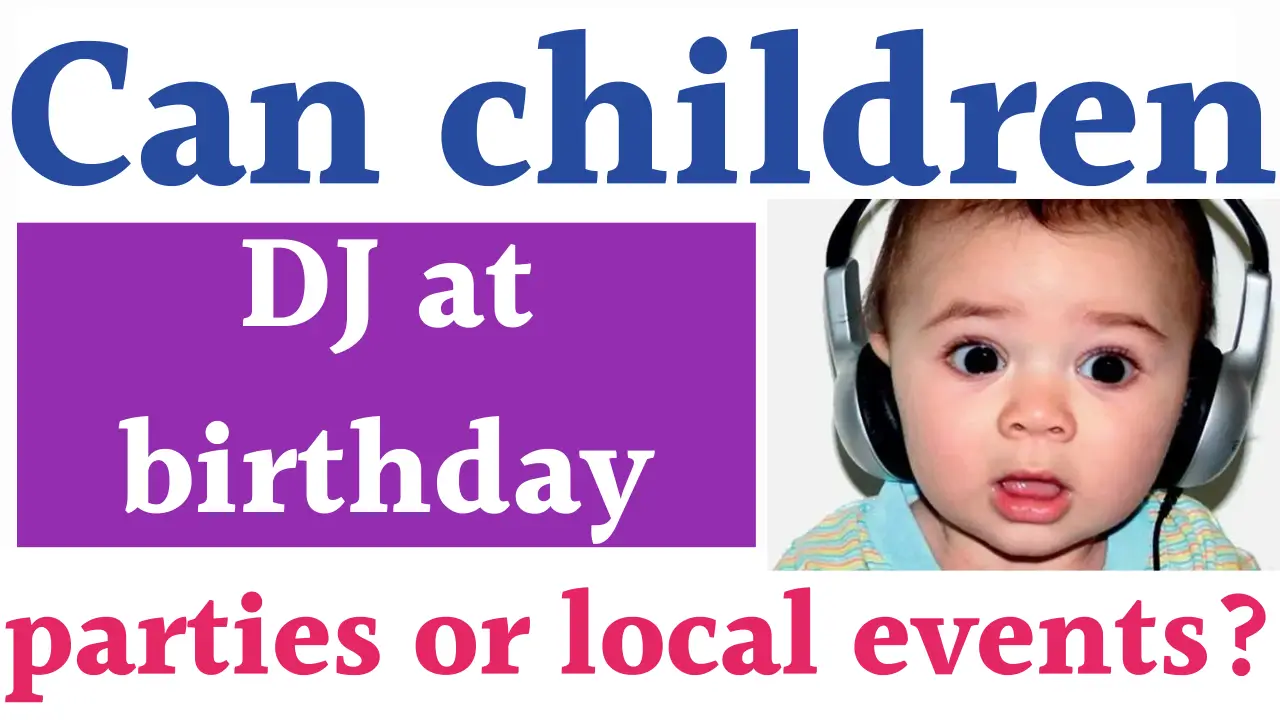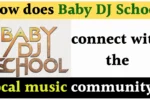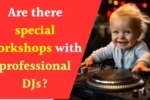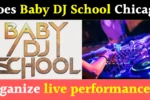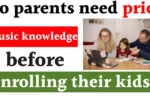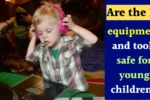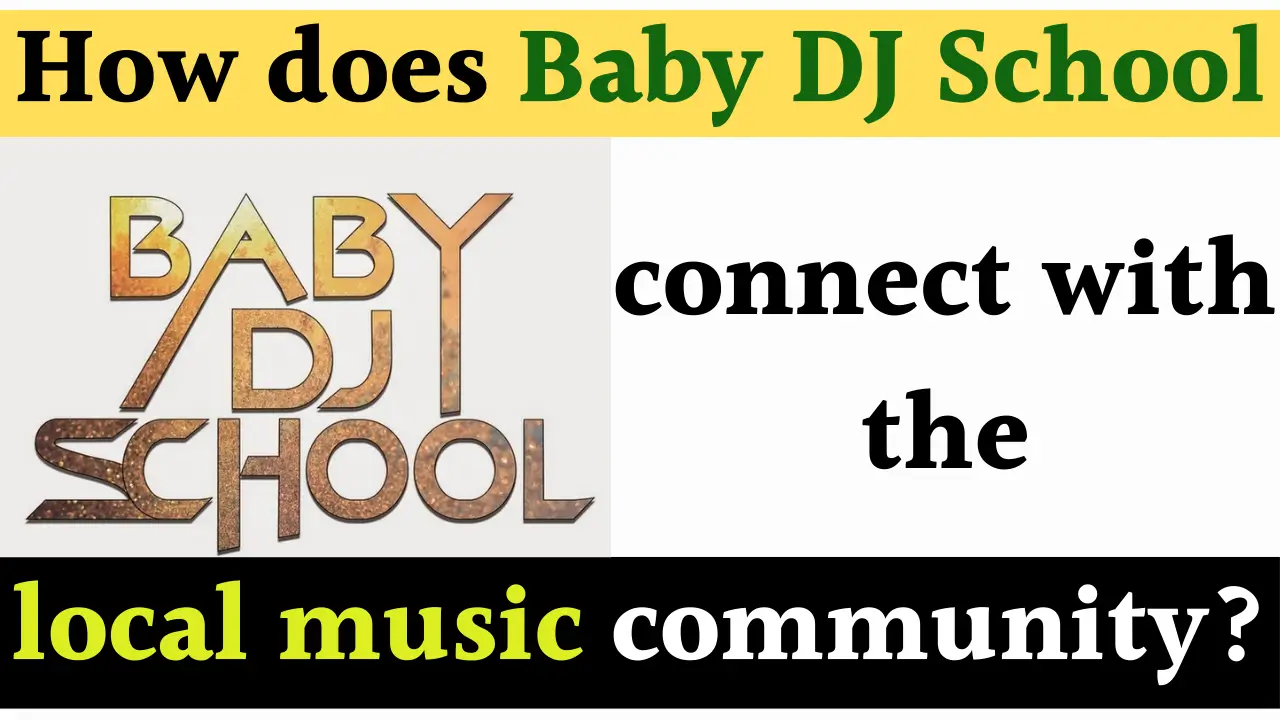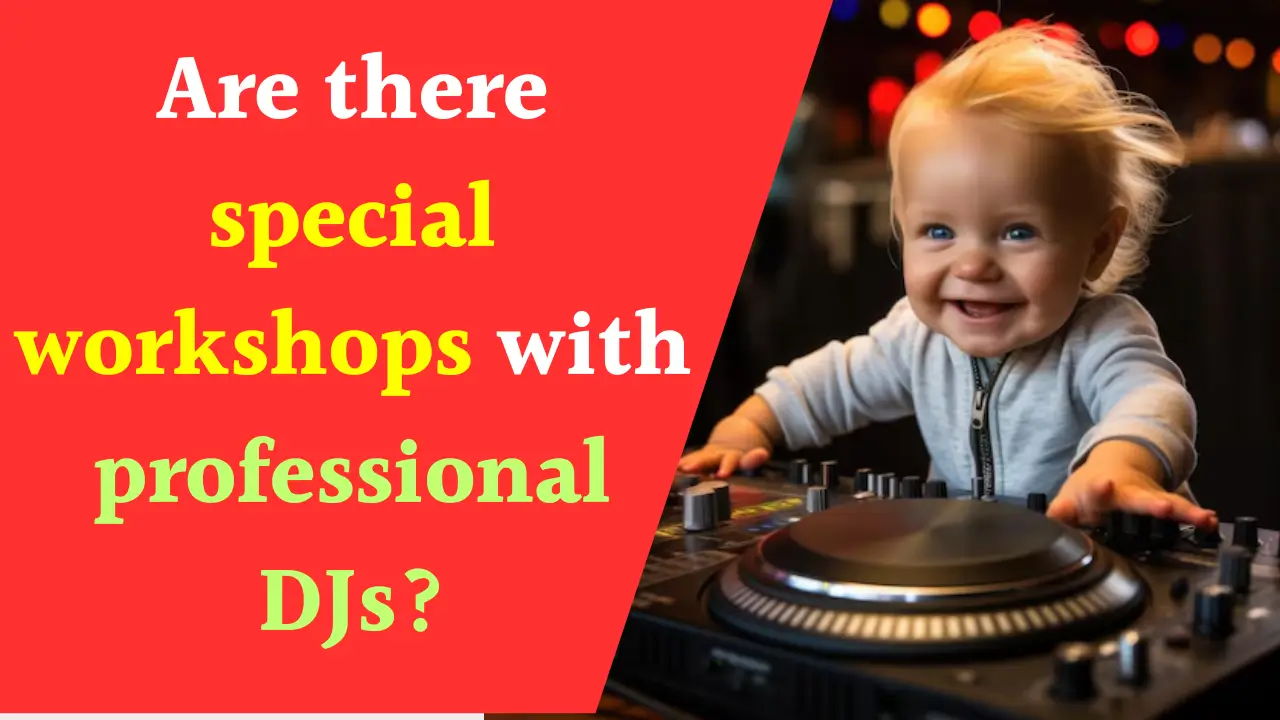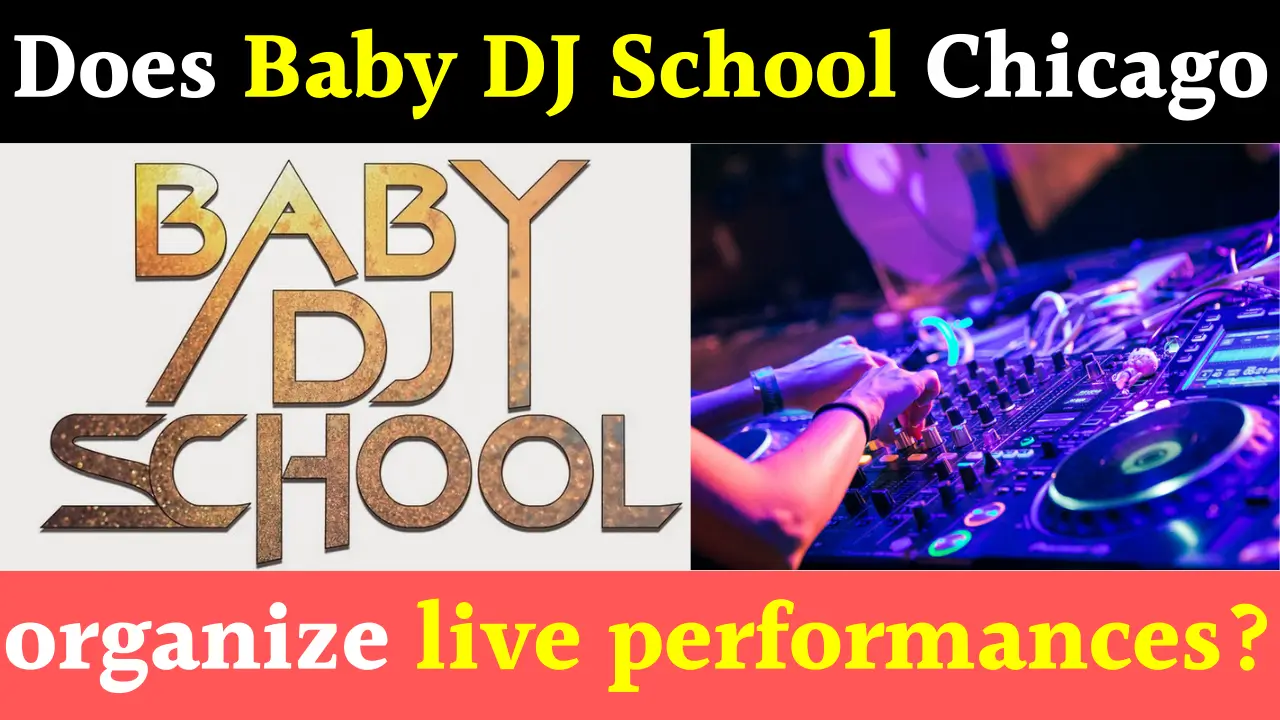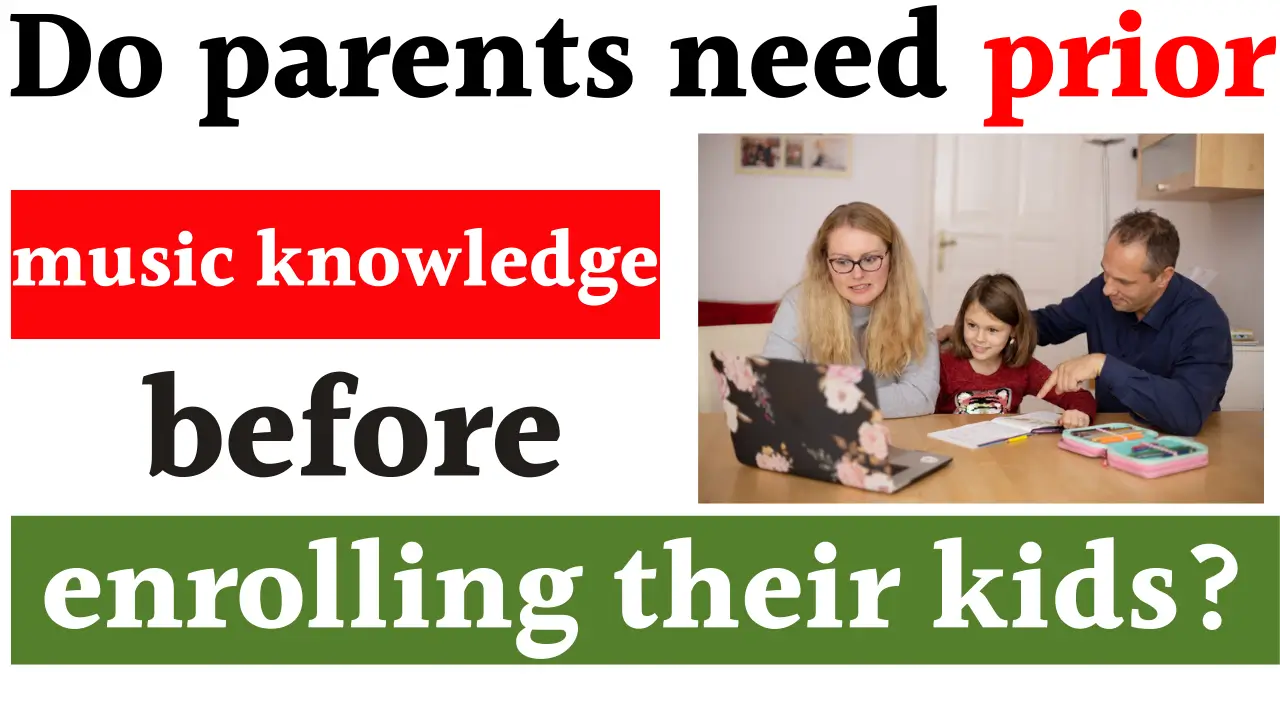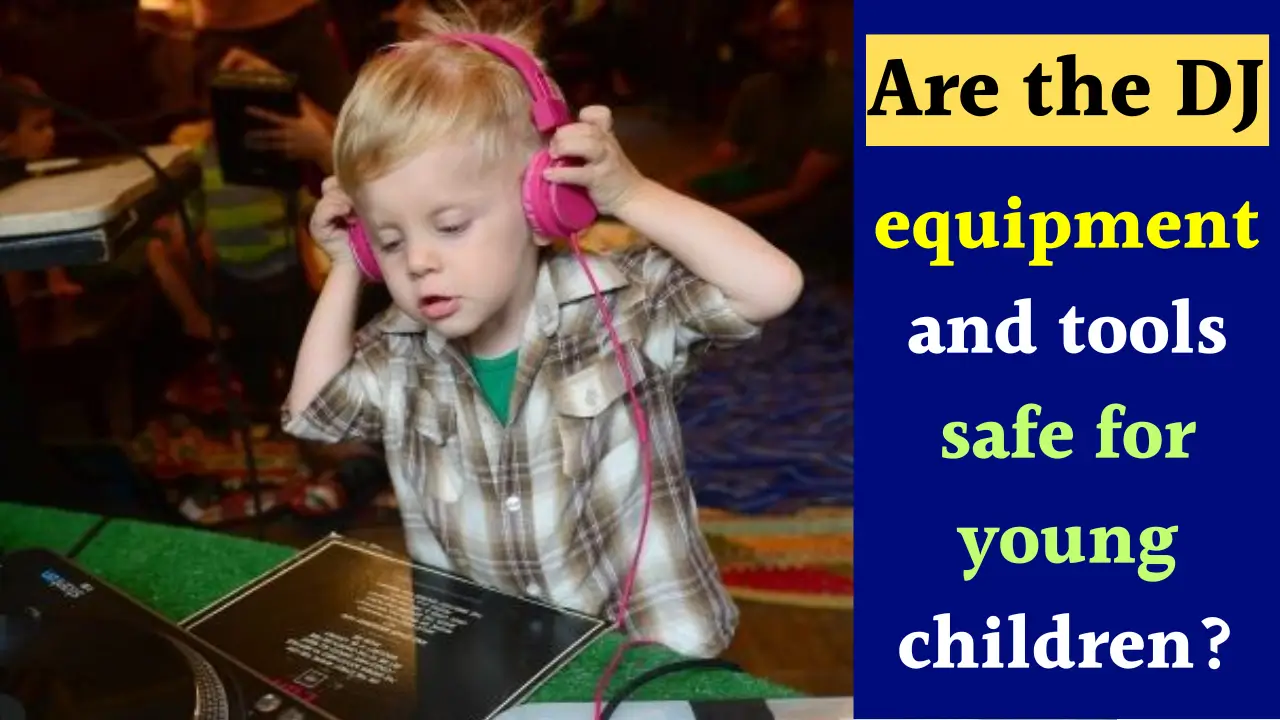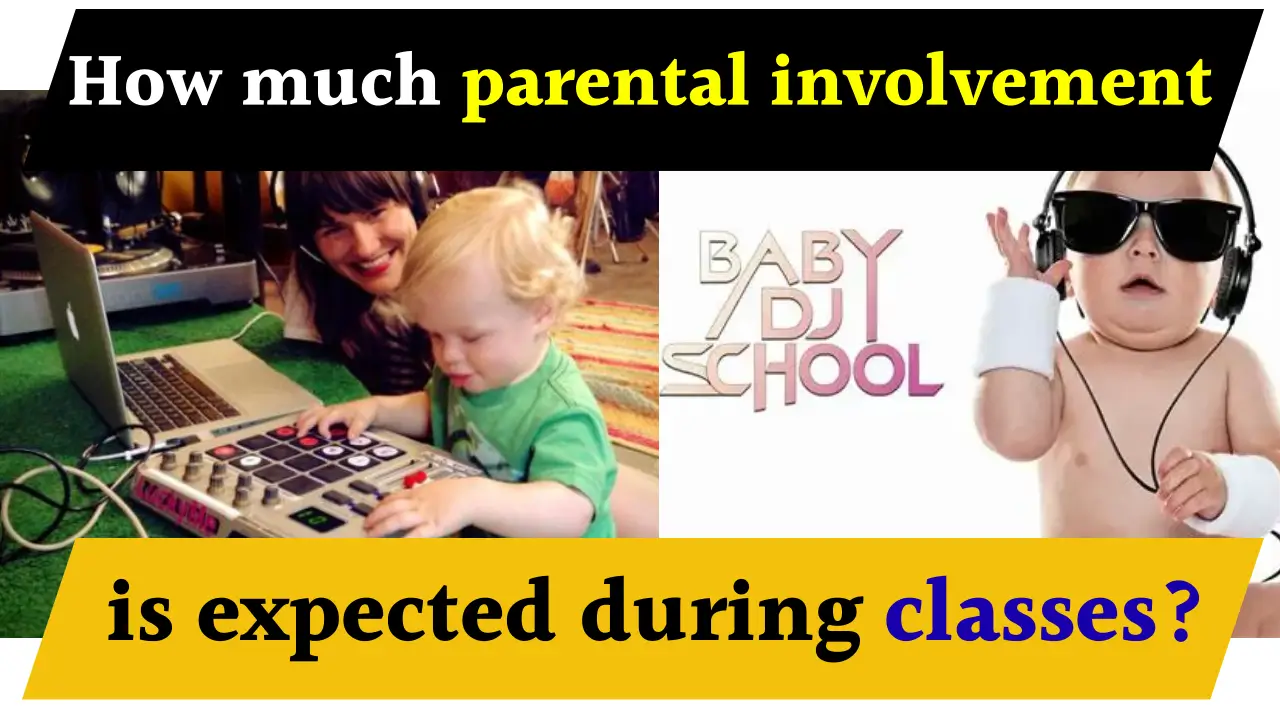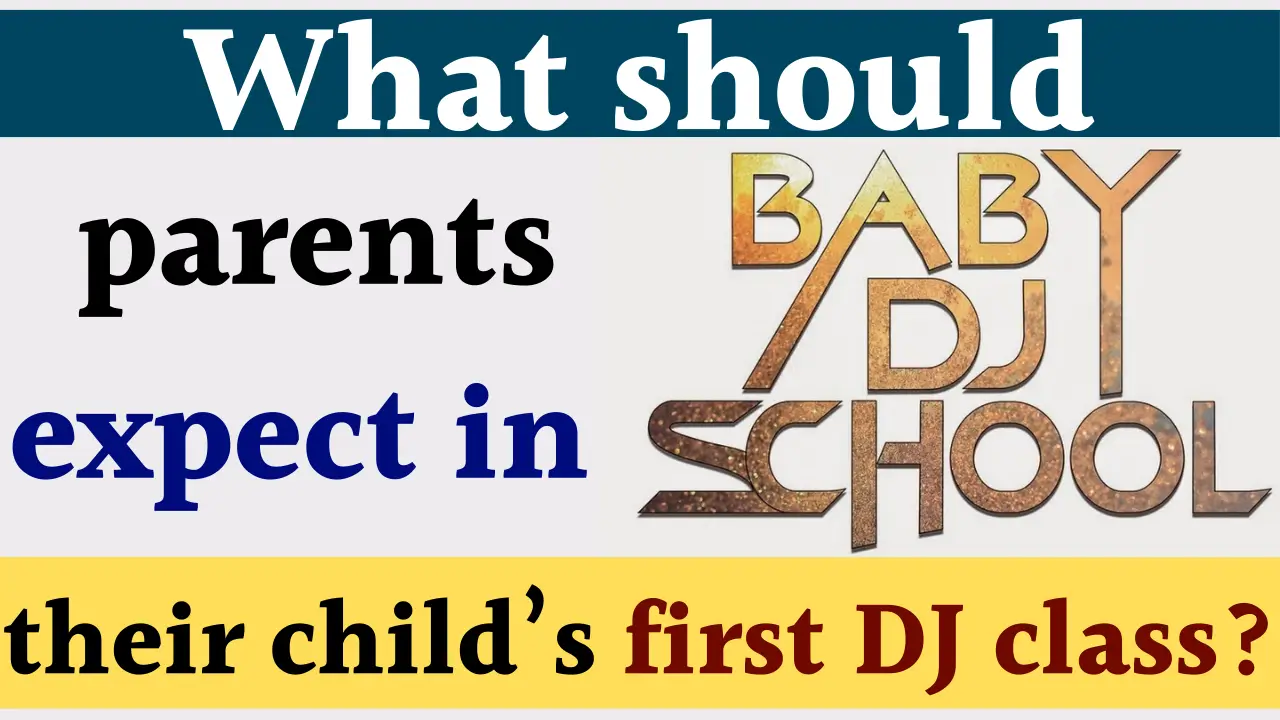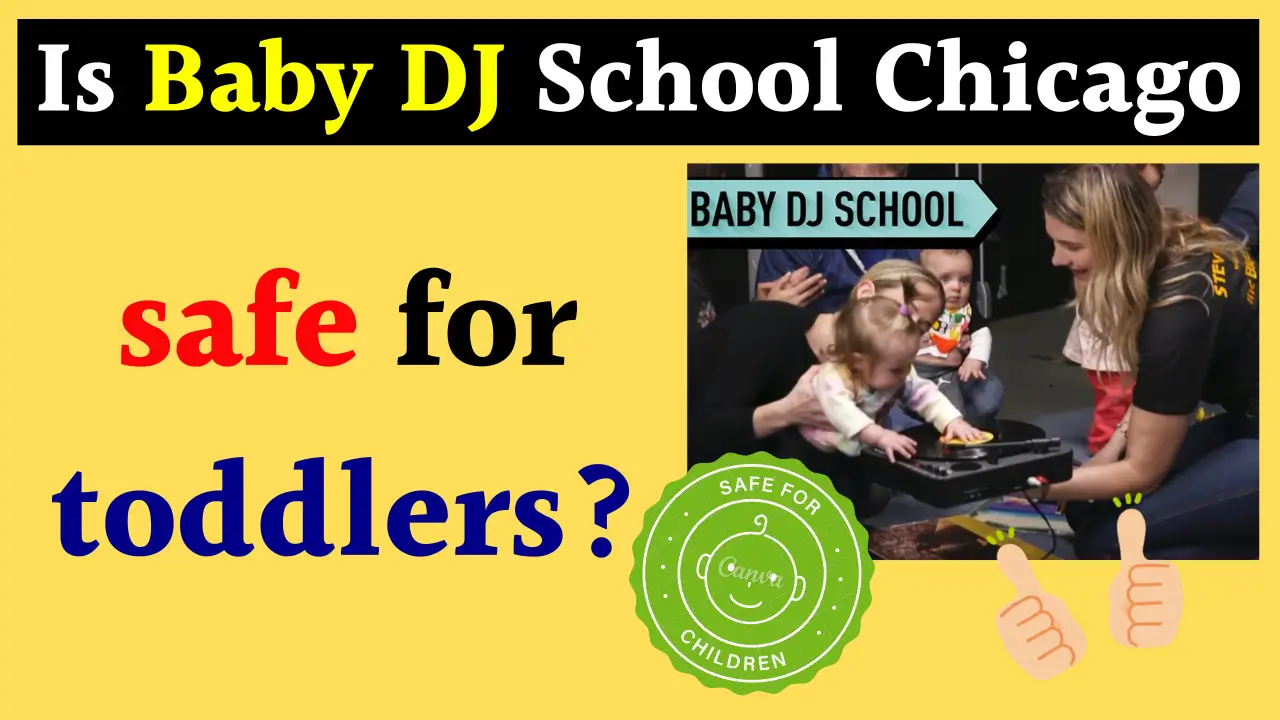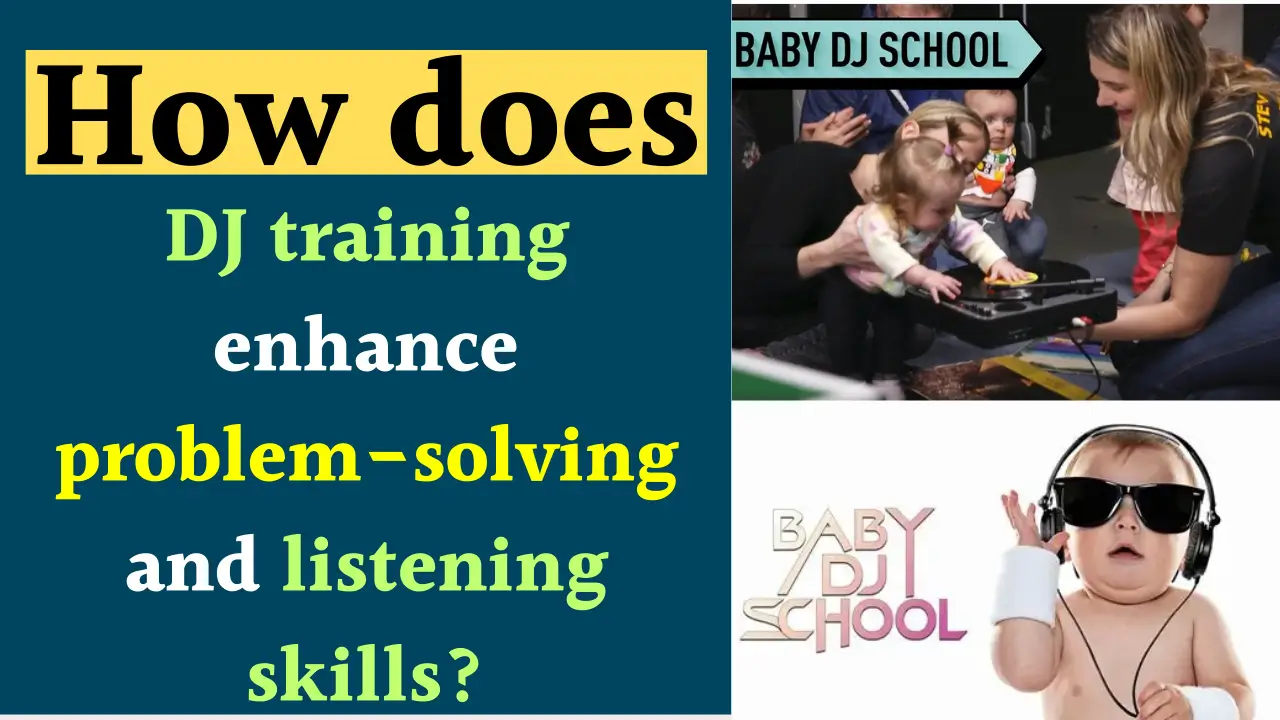Can children DJ at birthday parties or local events through the school? This is an emerging and exciting opportunity that combines creativity, skill-building, and entertainment for kids. Children can indeed DJ at birthday parties or local school events, and this trend has been growing with the support of music education programs, DJ clubs, camps, and party entertainment services specially designed for young DJs.
Below is a complete discussion on this topic, including the benefits, practical considerations, latest trends, and how schools are facilitating children’s participation as DJs.
Children as DJs: An Overview
DJing involves mixing music tracks, controlling the sound system, and sometimes interacting with the audience to create an engaging, musical atmosphere. Traditionally dominated by adults, DJing is increasingly accessible to children thanks to simpler, kid-friendly equipment and supportive learning environments.
Children as DJs at birthday parties or school events usually perform a curated playlist, mix popular kid-friendly songs, and can even lead games or dances. This allows them to entertain peers while practicing music and performance skills.
Benefits of Children DJing at Parties and Events
- Creative Expression: Kids learn to express themselves through music selection and mixing.
- Confidence Building: Performing and managing music in front of an audience boosts self-esteem.
- Skill Development: Children develop technical skills with DJ equipment and software.
- Social Interaction: DJ gigs encourage kids to interact and lead group activities.
- Fun and Engagement: Adds a unique, fun dimension to parties and events tailored for children.
How Schools Enable Children to DJ
Schools are increasingly supporting DJing as an extracurricular or club activity, or by inviting young DJs to perform at local school events. Some models include:
DJ Clubs in Schools
- Schools may run DJ clubs where students learn and practice DJ skills weekly.
- Equipment like beginner DJ decks and laptops are used.
- Students take turns mixing songs, learning basics like beatmatching, song transitions, and using effects.
- Monthly or quarterly school discos feature student DJs.
DJ Workshops and Camps
- Seasonal DJ camps or workshops are offered by music schools collaborating with schools.
- These programs teach basics such as scratching, mixing, and playlist creation.
- Camps often culminate in performances at birthday parties, school events, or community gatherings.
School Events and Parties
- Schools sometimes hire or permit student DJs to perform at school discos, talent shows, or fairs.
- Student DJs can customize playlists focusing on age-appropriate, popular children’s music.
- DJs also help facilitate party games and dance activities.
Practical Considerations for Children DJing
| Aspect | Details |
|---|---|
| Age Range | Typically suitable for children 7 years and older, depending on skill and interest. |
| Equipment Needed | Simple DJ decks, headphones, laptop/software, sound system, party lights (optional). |
| Music Selection | Kid-friendly songs, interactive dance music, party anthems. |
| Adult Supervision | Recommended for setup, safety, and technical assistance during events. |
| Training | Lessons, camps, or clubs to build DJ skills gradually. |
| Performance Duration | 15-60 minutes sets at parties; can vary by event length and attention span. |
| Safety & Content | Strict content controls on music to maintain age appropriateness and school policies. |
Latest Trends and Updates (2025)
- Music Schools Offering DJ Camps: Programs like Bach to Rock’s DJ camps provide professional DJ training tailored for kids, including live performances to build real-world confidence.
- Interactive DJ Parties: DJs for kids’ birthday parties often combine music with karaoke, games, dance-offs, and visual effects like bubble or smoke machines, making the experience dynamic and inclusive.
- School DJ Clubs Grow: More schools are experimenting with DJ clubs during lunch breaks or after school, where students learn basic DJing and get to perform for school events.
- KidZania and Roleplay DJ Experiences: Theme parks or learning centers like KidZania offer roleplay DJ activities where kids get a taste of DJing and performing in a safe, controlled environment.
- Parental and Community Support: Parents and schools increasingly recognize DJing as an enriching skill that fosters creativity and social skills, encouraging participation.
How to Get Started: Tips for Parents and Schools
- Introduce the child to beginner-friendly DJ software and equipment.
- Encourage participation in local DJ workshops or camps.
- Collaborate with schools to start or join DJ clubs.
- For birthday parties, consider hiring a kid-friendly DJ entertainer or letting a child DJ with supervision.
- Focus on music that the child and their peers enjoy, including interactive games to keep everyone engaged.
- Ensure there’s adequate adult supervision for setup and technical help.
Sample Children DJ Party Setup Checklist
- Beginner DJ controller and laptop with DJ software
- High-quality speakers suitable for party size
- Headphones for the DJ
- Playlist of age-appropriate songs
- Microphone for announcements or games
- Visual effects: disco lights, bubble or smoke machine (optional)
- Adult supervisor for technical support and safety
- Space arranged for dancing and audience
Popular Activities at DJ Parties for Kids
- Dance-offs and freeze dance games
- Karaoke sing-alongs facilitated by the DJ
- Interactive music-based games like musical statues or limbo
- Shout-outs and song requests managed by the DJ
- Themed music playlists for holidays, movies, or popular trends
Key Takeaway
Yes, children can DJ at birthday parties or school events, and the trend is supported by growing educational programs, school clubs, and party entertainment services focused on children. With the right equipment, age-appropriate music, adult supervision, and training, kids can successfully DJ, adding a special and personalized touch to celebrations while developing valuable skills in a fun environment.
This evolving opportunity not only entertains but empowers children, enriching their social, creative, and technical abilities in a joyful and interactive way. Whether through school DJ clubs, professional summer camps, or hosting their own birthday DJ sets, young DJs are making music in new and exciting ways in 2025 and beyond.
